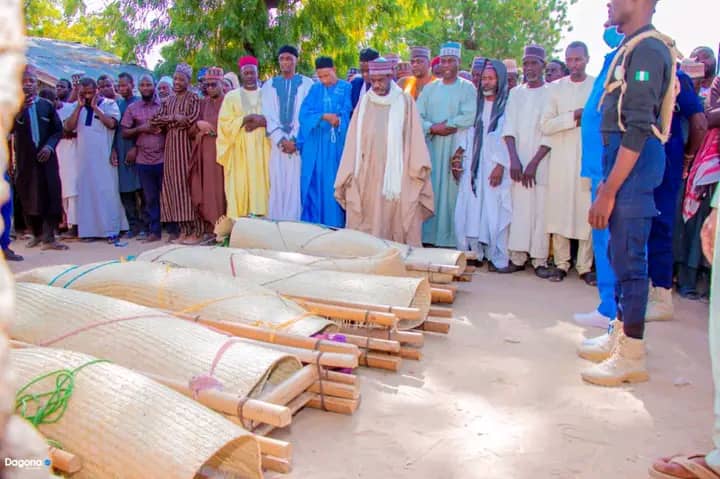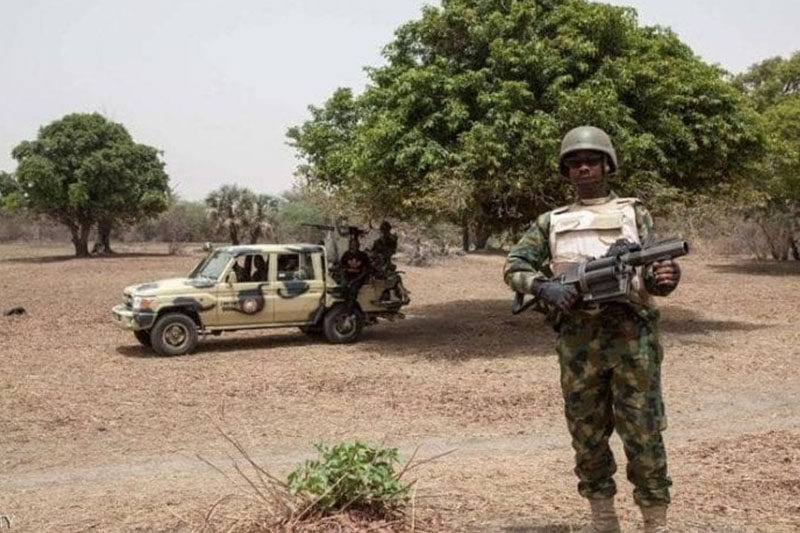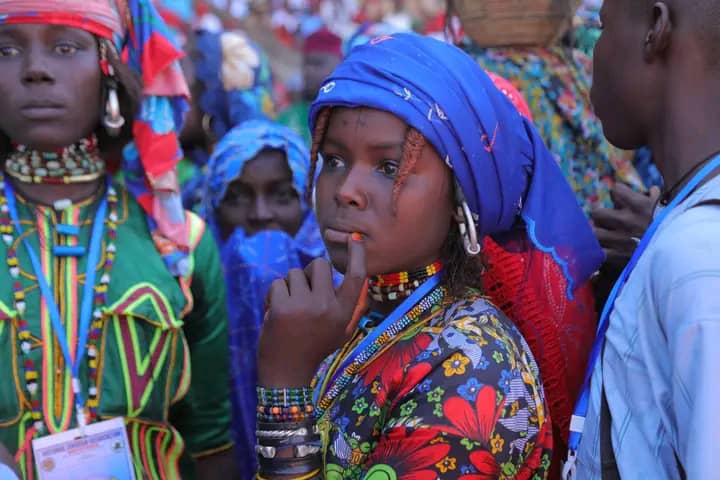Internally displaced persons (IDPs), originally from the Konduga Local Government Area, who for years have taken refuge at Dalori IDP Camp 2, have been successfully relocated and settled in the Dalori Housing Estate built by the government in Dalori town.
Dalori IDP Camp 2 was officially closed by the Borno State government in July.
RNI visited the estate to speak to its new residents.
Most of them said that although they were grateful for their new homes, they still faced some challenges, among them security, education, adequate provision of water and healthcare services.
Abba Kura Bulama said: “I’m a displaced person originally from Lawanmaleri village in the Konduga Local Government Area. My family and I spent years in the camp but we are now in the housing estate. I really appreciate the kind gesture from the government because our living conditions have improved and are much better than when we were in the camp. We are incredibly grateful to Almighty Allah and the government for successfully resettling us here where life is much better.
“But there are still some challenges we face, for example an adequate supply of water. Our women and children are always struggling to fetch water and we don’t have money to buy it. Even the cash we got from the government is not enough to invest in a business and take care of your family because of the prohibitive costs of essentials these days. We had hoped to start a business with the money the government gave us, but it is just not enough.
“But the main challenge we face is the issue of farming and insecurity. Even the original dwellers of Dalori town do not venture out far to farm because of insecurity. Some of us would like to get back to farming because that is what we know. But we can’t farm here because we fear being attacked and abducted by insurgents. There are not enough security personnel to protect us, only the local hunters are with us. If the government could provide more security, we could farm without fear.”
Mu’azu Garba said: “The government has done its best to resettle us and even though it’s not our ancestral homes the government also provided us with food and other essential items, as well as cash to support us to start up a business so that we can earn a sustainable living. But we are very grateful to Almighty Allah and the government.
“Unfortunately, we still have challenges to overcome. We do not have enough security personnel, schools and hospitals. Our children are not going to school because there are not any schools here. So they are not getting any kind of education and that is worrying for us as parents. We also do not have a functioning hospital or clinic. So there’s not effective healthcare services, which is a problem if we or our children get sick. We would have to travel to get medical help.”
Garba said that although some of the residents were farmers who could work in the nearby forests, they were scared because they had no adequate protection against marauding insurgents. We would like to continue with our farming activities on a large scale to ensure we have enough food to sustain us. We only have the local hunters in the area to protect us.”
All the new residents agreed that their lives had improved, but they pleaded with the government to provide at least the basic social services that every person needed to live happily, particularly security, education, water and healthcare.
“That’s all we need to improve our lives now. If the government helps us by providing these basic services, we will have a good life here,” said Garba.
SHETTIMA LAWAN MONGUNO








